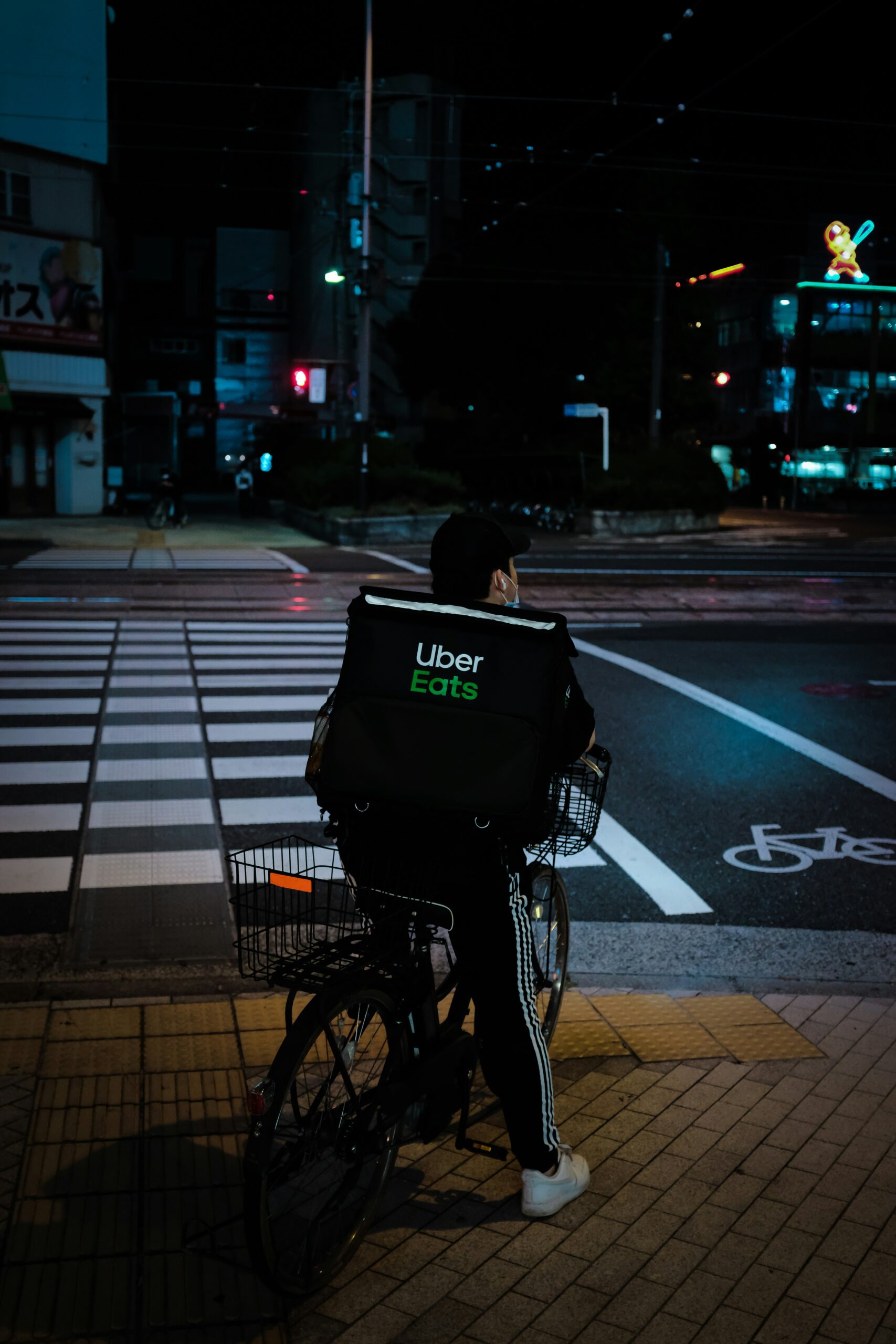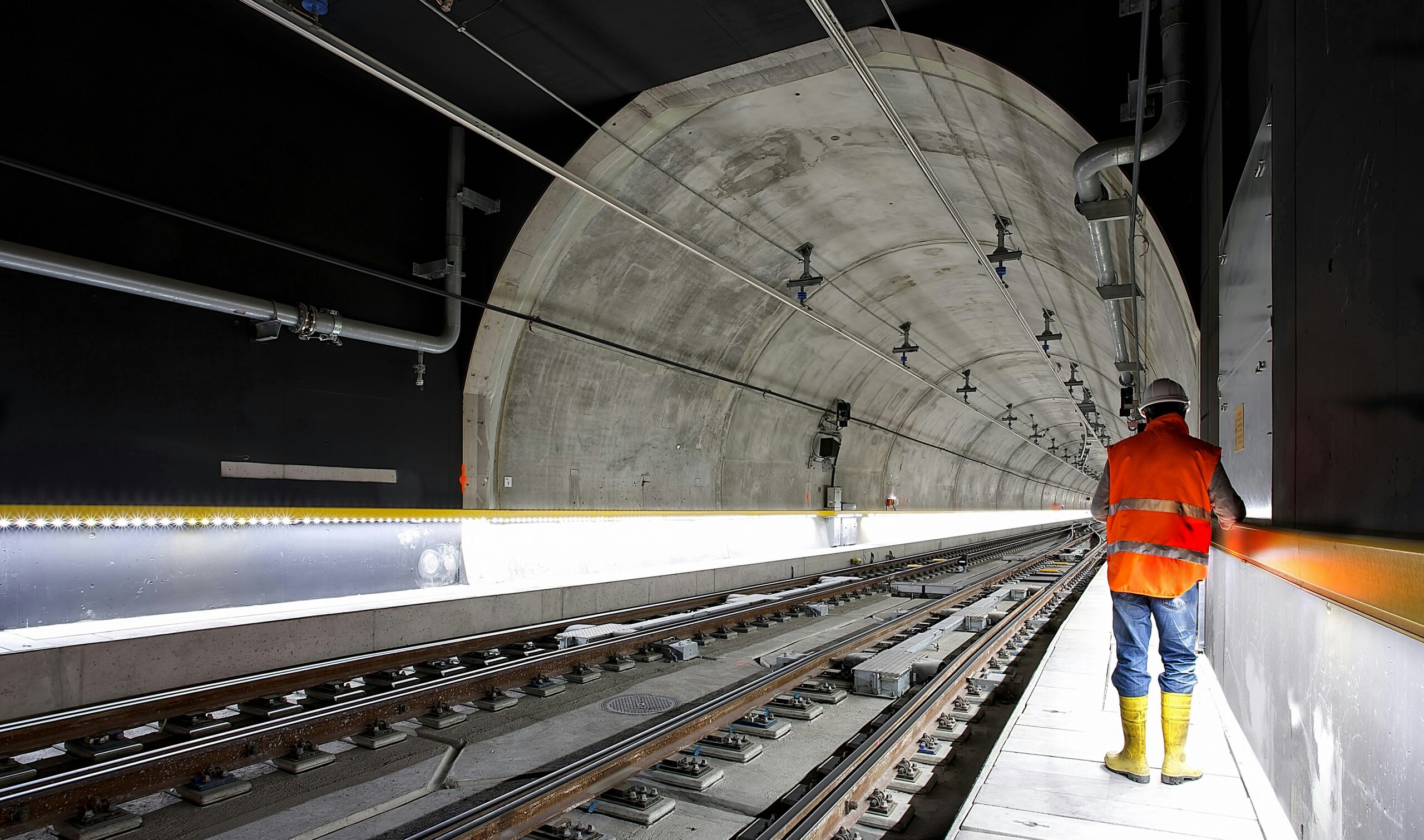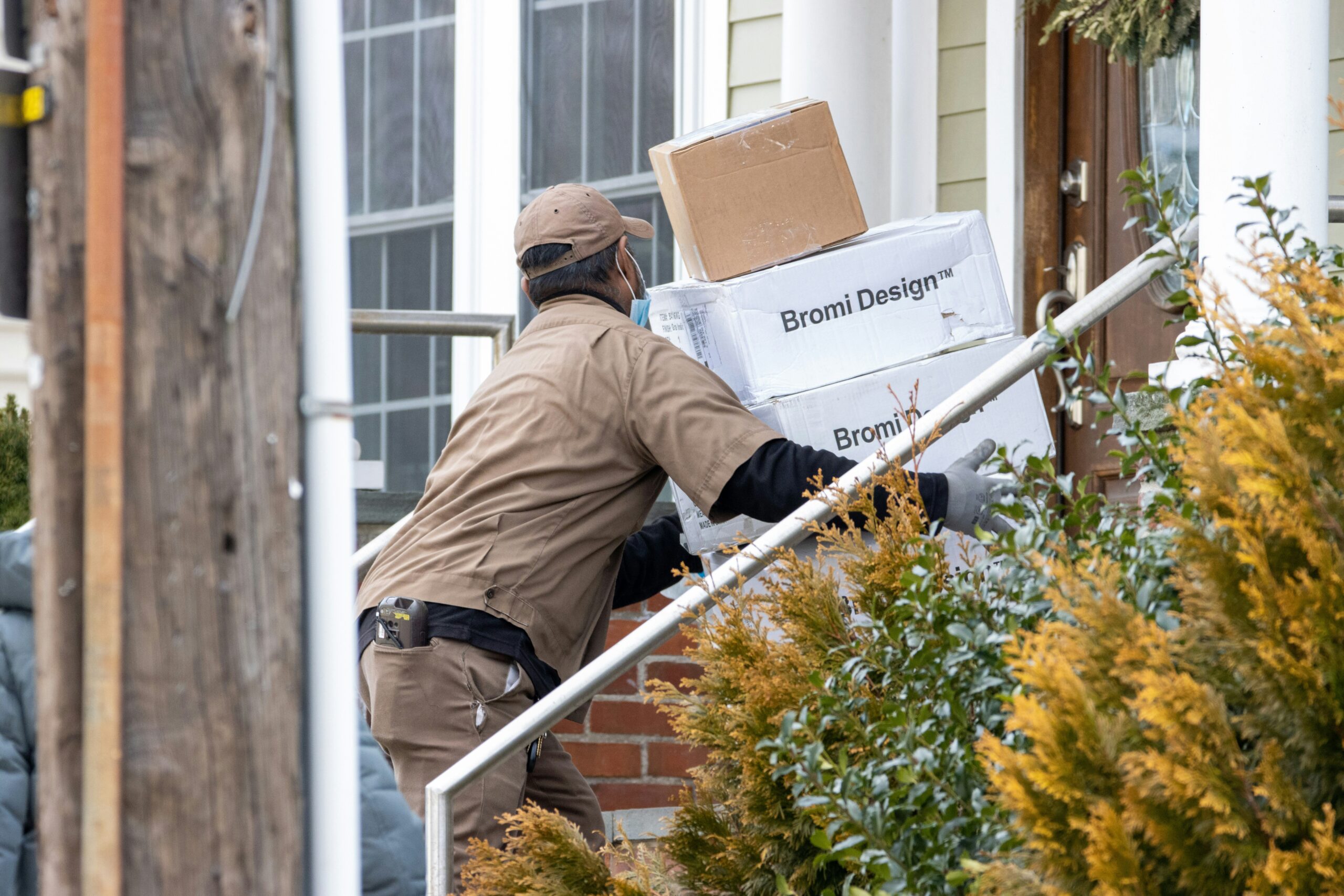The Future of Work(ers): New Framework Examines the Changing Nature of Work in the Bay Area
 Photo by Mak on Unsplash
Photo by Mak on Unsplash This blog post is part of the Changing Nature of Work project. See here for report, accompanying framework, and an appendix.
In the face of COVID-19, understanding the future of work through a worker-centered lens has taken on a new urgency.
Before the pandemic, the future of work was already top of mind in California. In the “gig” economy, companies such as Uber, Lyft, Doordash and others sought to redefine employment relationships to exempt their workers from minimum labor laws. In advanced manufacturing and logistics, robotics and workplace surveillance technologies sped up job processes, but often made work more precarious or dangerous as workers were forced to work faster while their every movement is monitored. Responding to these emerging issues, in 2019 Governor Newsom convened the California Future of Work Commission, appointing leaders from education, labor, business, and other sectors to develop recommendations on how to proactively move the state’s workforce into the future, envisioning a new social compact that better met the needs of workers.
That same year, ReWork the Bay, together with Jobs with Justice – San Francisco and Working Partnerships USA, launched our Changing Nature of Work (CNoW) project. As organizations that represent and amplify the voices of working people, we offer a different framework for understanding how work is changing — and it’s not just about technology. The shifting dynamics we see today are the culmination of decades’ worth of more fundamental changes to our economy and our democracy: the growing power disparity between workers and firms; institutionalized racism and gender oppression; climate change, and demographic shifts. Technology is not a driver of change, but a tool that facilitates it.
By assessing the ways work is changing in the Bay Area and scanning the landscape of local and regional responses to those changes, the CNoW project sought to build a framework to help stakeholders make sense of the barrage of information and speculation about the “future of work” and to assess potential on-the-ground responses. This is important in a moment where new technology permits long-standing inequities to show themselves in stark, new ways.
Take the example of home grocery delivery, an industry that has exploded during the pandemic. While providing the same service, Safeway and Instacart have each taken very different approaches to their rapidly growing workforce. In early April, Instacart reported that customer demand had surged by 300%. Throughout this boom, the corporation has failed to provide the shoppers in its contingent workforce with personal protective equipment, hazard pay, or paid sick time. Workers had to go on strike – twice — before Instacart would agree even to provide workers with hand sanitizer and gloves. Instacart refuses to pay a living wage (let alone hazard pay) to its workers, who make less than $10 a delivery. This is far from adequate compensation for individuals assuming extraordinary risk while providing an essential service.
But explosive growth need not come at the expense of working people. During the COVID-19 pandemic, Safeway and its store and delivery workers, represented in Northern California by the United Food and Commercial Workers union, agreed to enhanced health and safety protections, flexible scheduling for parents, and additional paid sick leave. Nor do high-road practices impede a company’s growth: in late March, Safeway announced 2,000 immediate openings for in-store and delivery workers in Northern California alone.
Having a long-standing institutional channel in place for advocacy, protection, and self-representation, which their employer is contractually bound to bargain with, has made an immediate difference for Safeway workers. As the coronavirus has shown us in particularly stark terms, the more workers have channels to voice concerns and advocate for improvement, the better off we all are.
The Greek root for the word crisis means decision. This pandemic is a time for decisions around how work will be different after the crisis. Times of disruption offer us an opportunity to remake structures that have failed us. Strong worker voice means shared prosperity. If we are to move forward to a better society, rather than replicating past mistakes, workers need to be front and center in shaping the future.
Read the full report here.
Working Partnerships USA (WPUSA) is a community organization bringing together the power of grassroots organizing and public policy innovation to drive the movement for a just economy.
Jobs with Justice San Francisco is a long-term, strategic alliance of labor, community, faith-based, and student organizations working together to build a strong, progressive movement for economic and social justice locally and nationally.

 Photo by JESHOOTS.COM on Unsplash
Photo by JESHOOTS.COM on Unsplash 
 Photo by Ricardo Gomez Angel on Unsplash
Photo by Ricardo Gomez Angel on Unsplash
 Photo by Aaron Doucett on Unsplash
Photo by Aaron Doucett on Unsplash